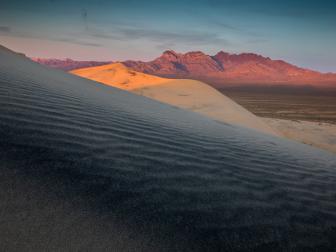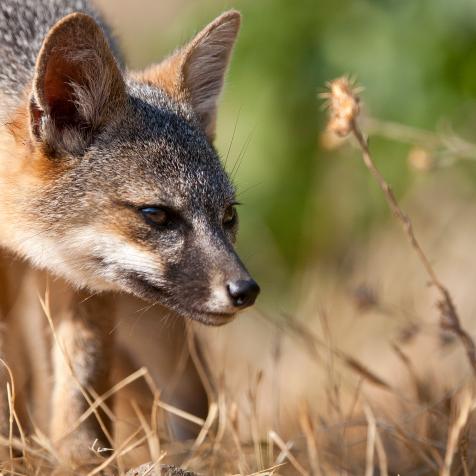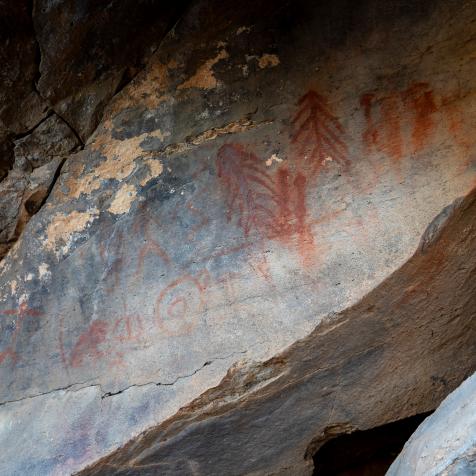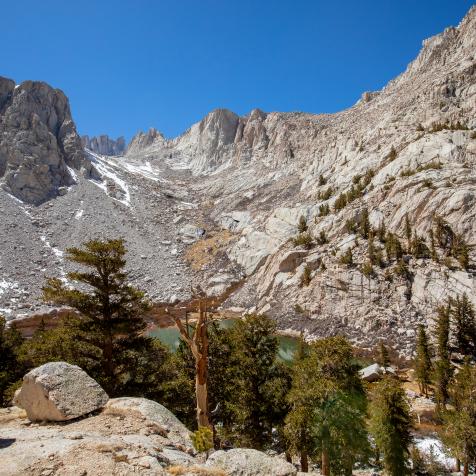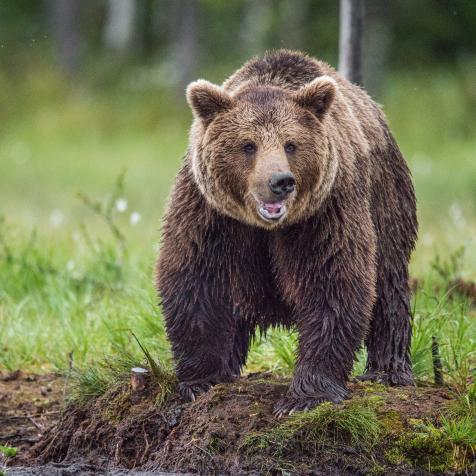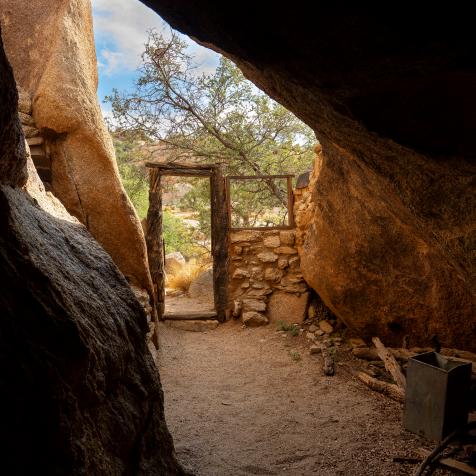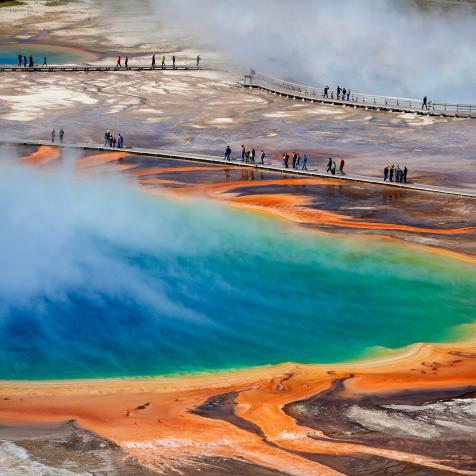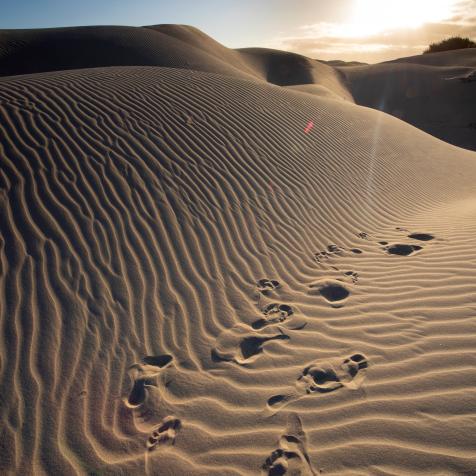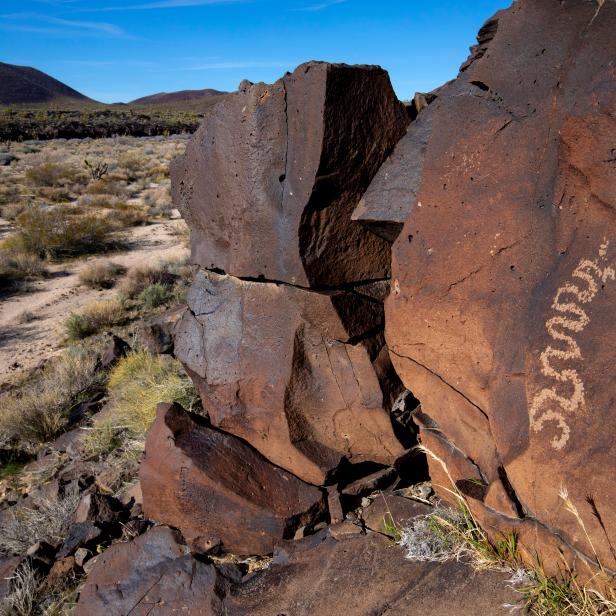
Ian Shive
Secret Tunnels Beneath the Desert

Conservationist and nature photographer Ian Shive takes Mojave National Preserve in California to share with us the mystery and magic that lies within the desert.
The desert is deceiving. At first glance it looks lifeless, barren, and arid. For most passersby humming through the Mojave on their way to try their luck in Vegas or heading towards the Grand Canyon, it’s just a flat stretch of land with some mountains in the distance and more apt to be a movie set for a film that takes place on Mars. The desert, however, abounds with life, mystery, and magic.
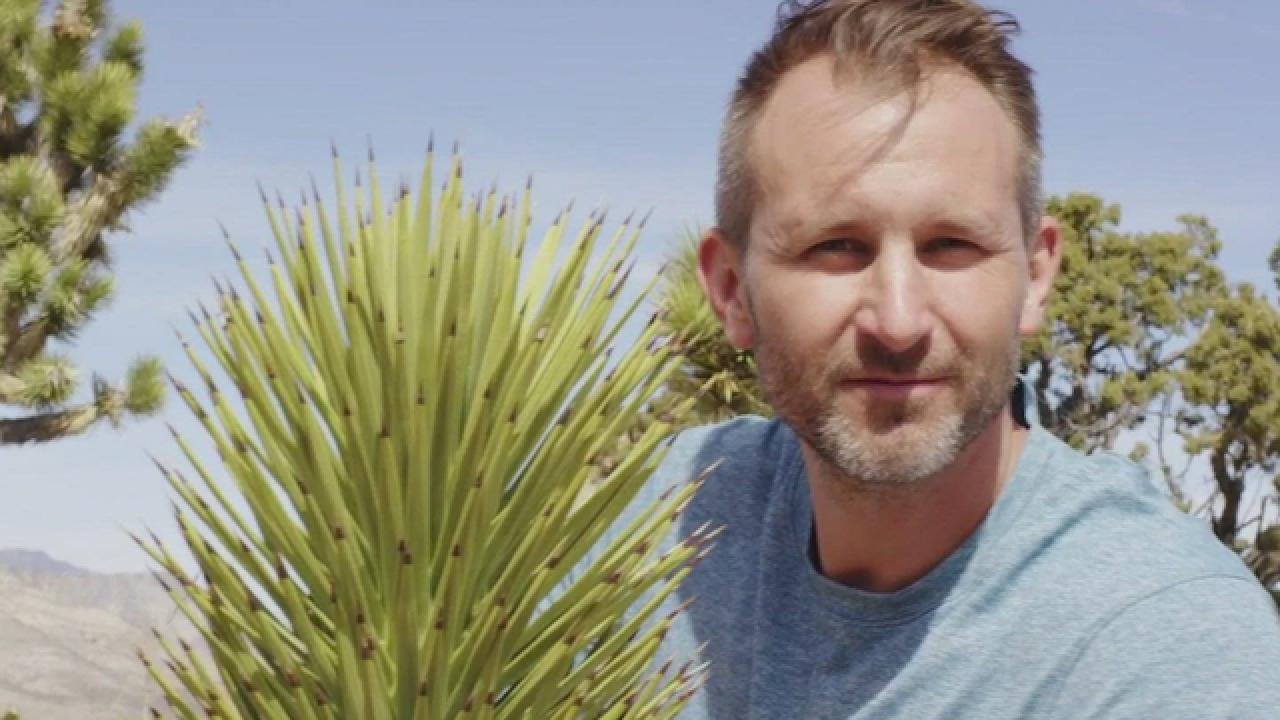
The Stats
The Mojave desert sees less than two inches of rain a year, and like most deserts, is a land of extremes. Temperature fluctuations vary from freezing to blistering hot, not only between seasons, but even within the same day. And with what little rain arrives because of the Sierra Nevada mountains acting as a buffer (a phenomenon with a cool name known as a rain shadow), what usually arrives instead are clouds and powerful winds.
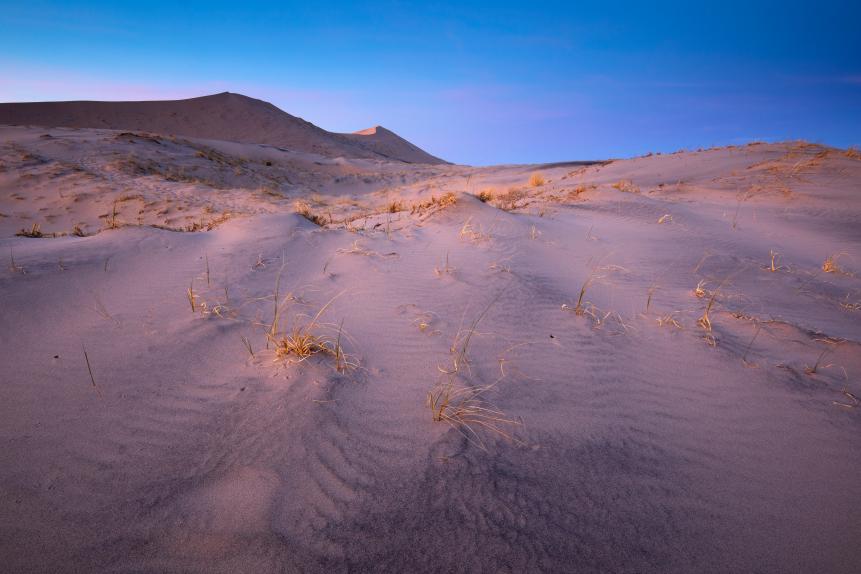
Ian Shive
At the heart of this vast, 25,000 square mile desert is Mojave National Preserve. It’s one of those tricky places that doesn’t have the words “National Park” in its name, but it is a unit of the National Park system. The folks managing and working there don the wide brimmed hats that have become synonymous with places like Yosemite. The preserve is rich with history, culture, biodiversity, and endless opportunities to pique your interest, especially for anyone who loves the outdoors. As a photographer, it requires patience and probably a few spare tires to maneuver the network of unpaved “roads”, but the rewards are plenty. Mining cabins from the early days of gold and silver exploration fill hidden canyons, ancient rock art from the first people to inhabit the region adorns the walls and cliffs, and wildlife, though often slithering or crawling, is abundant.
The Mojave National Preserve Mysteries 20 Photos
The Mojave National Reserve in California is the driest desert in the United States that occupies nearly 50,000 square miles. See the mysteries that this desert has in store through the lens of conservationist and nature photographer Ian Shive.
How to Prepare for the Desert
Photographing here requires a good, sturdy set of shoes and a lot of preparation. Plenty of water, spare tires (can’t mention these enough), and a full tank of gas are all needed to explore this unit of the national park system, which is the third largest in the country.
Like all deserts though, if you are patient, you will be rewarded, as they often reveal their secrets slowly. During my last outing, I was surprised to see how much of the area was shaped by ancient volcanoes and geologic forces, much of which remains today, giving the area a unique feel and painting colorful backdrops for great imagery. It was the lava tube, though, that captured my imagination the most.
A Cave System
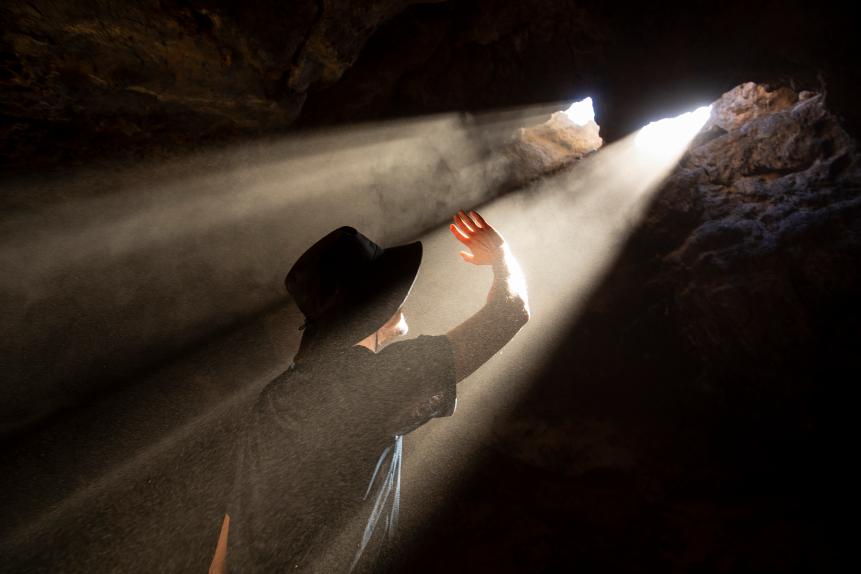
Ian Shive
Formed by an ancient river of lava that has long since disappeared, visitors can descend a metal stairway into a small, dark cave system that opens up into a chamber. Within this chamber, light passes through openings in the cave ceiling, casting beams of light onto the floor and walls. For me the experience is almost spiritual, a temple of sorts created by ancient natural geologic forces that allow us to escape the heat of the day, and capture the wonder of a subterranean desert.
In a place this large, I wonder what other secrets lay just beyond the next ridge or around the next canyon. According to the park rangers I spoke to, you could spend all lifetime exploring the Mojave and still find new discoveries almost daily--which to anyone passionate about photography, is the kind of opportunity that will allow you to set yourself apart and test your creative abilities.









